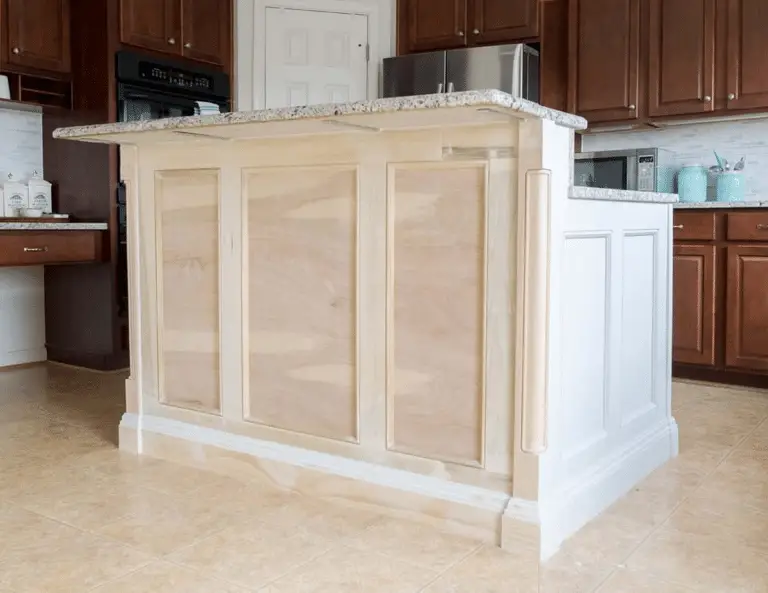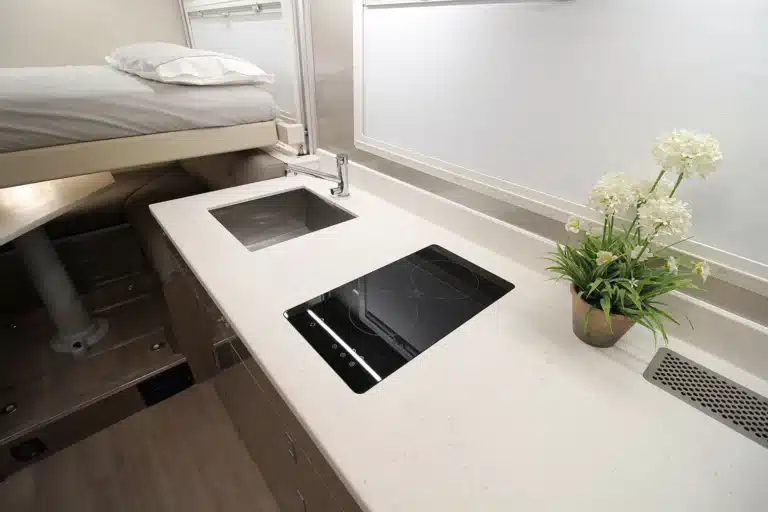Is your dishwasher giving you trouble? From standing water to strange noises, recognizing signs of drainage issues is crucial to prevent further damage. Discover common causes like food remnants and hard water deposits, and learn why regular maintenance is key. Improper installation can also lead to problems, so seek professional help.
Don’t let dishwasher drainage issues escalate – follow preventive measures like regular cleaning and professional assistance. Stay ahead of the game and keep your kitchen running smoothly!
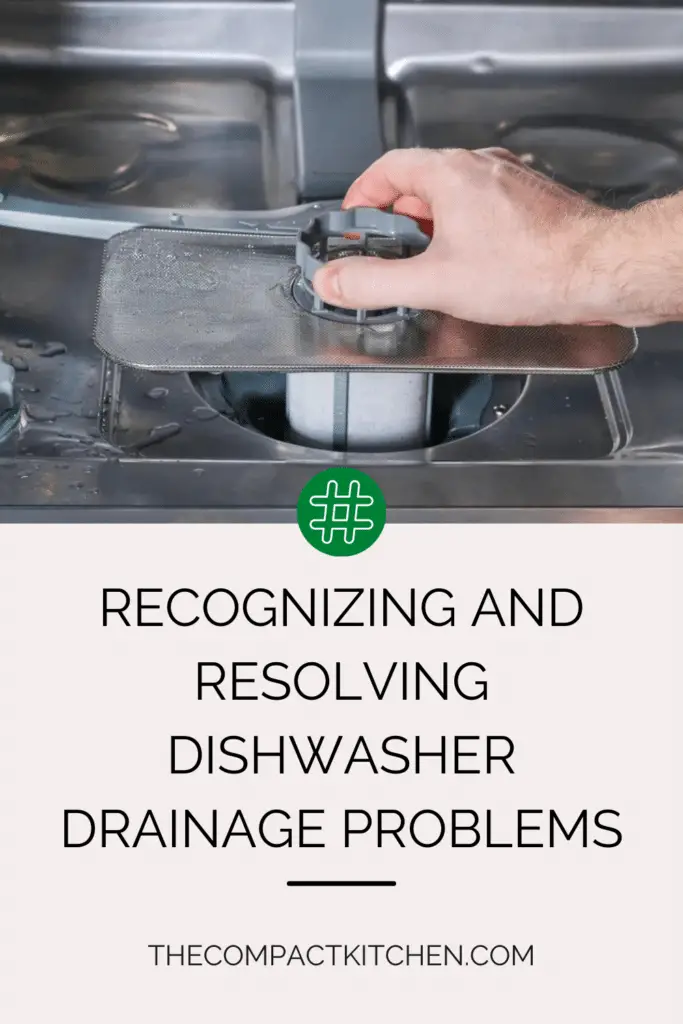
Common Indications of Dishwasher Drainage Issues
When it comes to your dishwasher, noticing signs of drainage issues early on can save you from a major headache down the line. There are a few common indications that your dishwasher may be experiencing drainage problems:
Standing Water

One of the most obvious signs of a drainage issue in your dishwasher is finding standing water at the bottom after completing a cycle. If you consistently see water pooling in the dishwasher, it’s a clear indicator that something is amiss with the drainage system.
Unusual Noises
If your dishwasher starts making strange noises during operation, such as gurgling or bubbling sounds, it could be a sign of a clogged drain. These noises indicate that water is having trouble making its way out of the dishwasher, causing disruptions in the normal flow.
Bad Odor

Another telltale sign of dishwasher drainage problems is a foul odor emanating from the appliance. When water becomes trapped due to a clog or blockage in the drain, it can lead to the buildup of bacteria and mold, resulting in a musty or unpleasant smell.
Recognizing these signs early on is crucial in preventing further damage to your dishwasher and avoiding costly repairs. By addressing drainage issues promptly, you can ensure the optimal performance of your appliance and extend its lifespan.
Examining Causes for Clogged Dishwasher Drains
When it comes to dishwasher drainage problems, one of the most common culprits is a clogged drain. Understanding the causes of these clogs is essential in preventing further issues with your dishwasher.
Food Remnants and Debris Build-Up
One of the primary reasons for a clogged dishwasher drain is the accumulation of food remnants and debris. It’s easy for small pieces of food to escape the filter or disposal unit and eventually lead to blockages in the drain. Over time, these particles can build up and restrict the flow of water, causing standing water in your dishwasher.

To prevent this, make sure to scrape off excess food from dishes before loading them into the dishwasher. Regularly cleaning the filter and drain can also help in preventing clogs caused by food remnants.
Hard Water Deposits
Another common cause of clogged dishwasher drains is the build-up of hard water deposits. When hard water is used in the dishwasher, minerals like calcium and magnesium can accumulate in the drain, eventually leading to blockages. These deposits can be difficult to remove once they’ve formed, making it essential to address the issue early on.
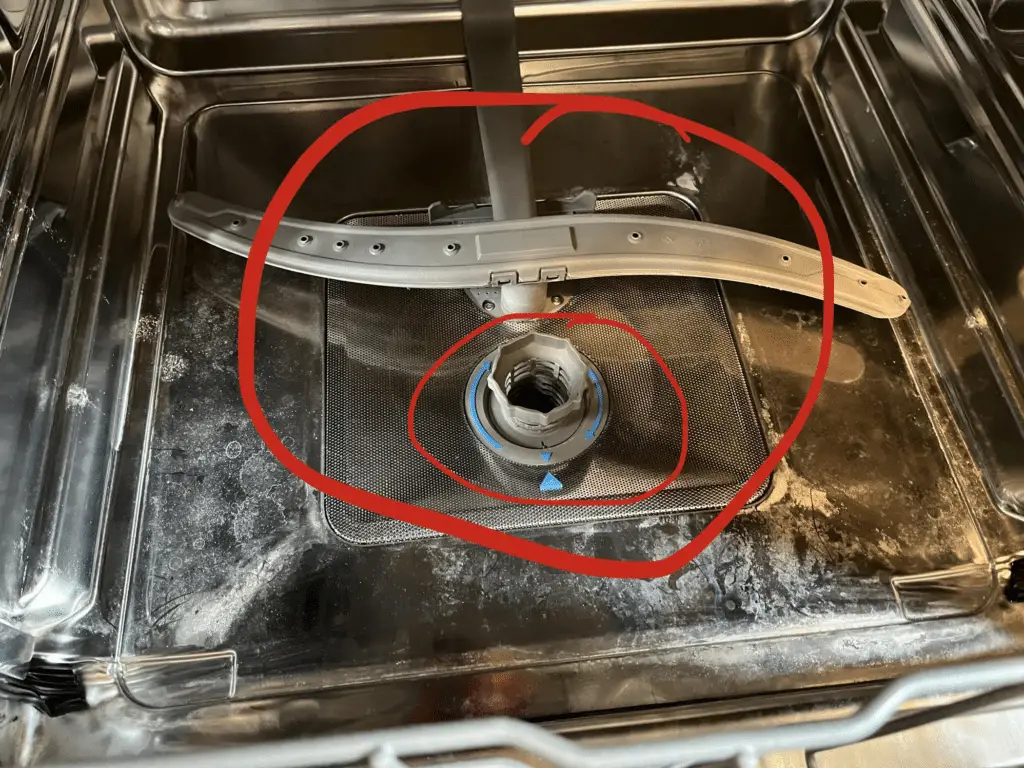
Consider using a dishwasher cleaner specifically designed to break down hard water deposits on a regular basis. This can help in preventing blockages and ensuring the smooth flow of water through the drain.
Broken Glass and Other Foreign Objects
In addition to food remnants and hard water deposits, broken glass or other foreign objects can also cause clogs in the dishwasher drain. Accidentally putting a glass or a small object in the dishwasher can lead to damage to the drain hose or pump, resulting in blockages.

Be cautious when loading dishes into the dishwasher and always check for any stray objects that may have made their way into the machine. Regularly inspecting the dishwasher for any broken parts or foreign objects can help in preventing clogs caused by these issues.
By understanding the common causes of clogged dishwasher drains and taking preventive measures, you can avoid costly repairs and keep your dishwasher running smoothly. Regular maintenance and proper usage can go a long way in ensuring the efficient operation of your dishwasher.
The Impact of Improper Installation on Dishwasher Drainage
When it comes to the proper functioning of your dishwasher, installation plays a crucial role. Many homeowners underestimate the importance of correct installation, assuming that as long as the dishwasher turns on and washes dishes, everything is fine. However, improper installation can lead to a host of drainage issues that can wreak havoc on your kitchen and your wallet.
Consequences of Improper Installation
One of the primary consequences of improper installation is poor drainage. If the dishwasher is not installed correctly, it can lead to drainage problems such as standing water, leaks, and foul odors. Improper placement of the drainage hose or the lack of a high loop can prevent water from flowing out of the dishwasher properly, resulting in clogs and backups.
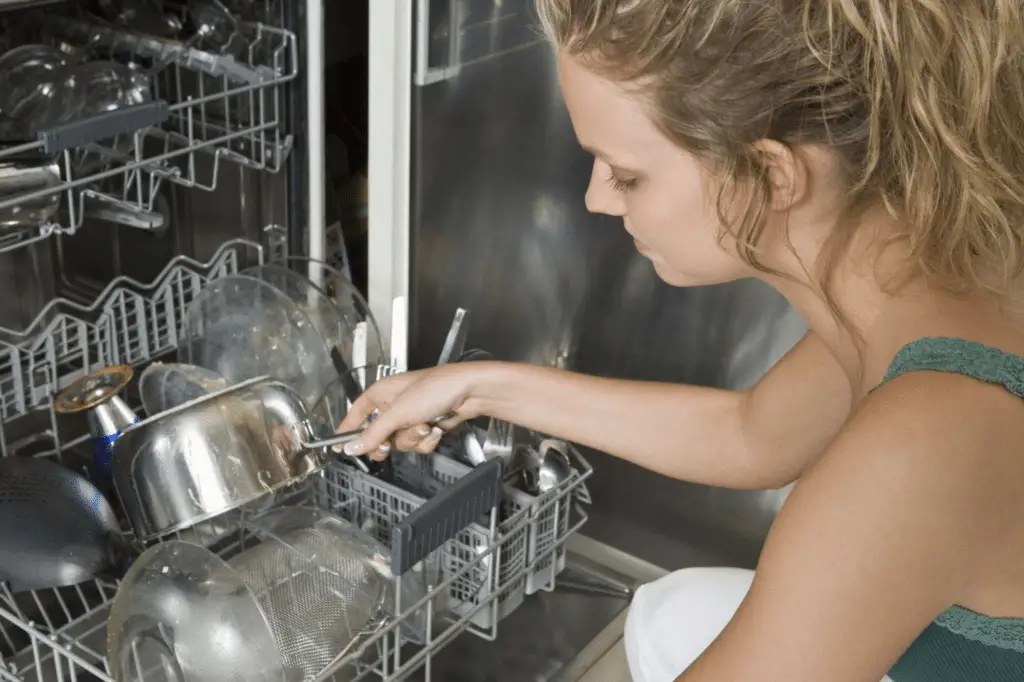
Moreover, faulty installation can also cause leaks that can damage your kitchen cabinets, flooring, and walls. Water seepage and moisture buildup due to improper installation can lead to mold growth, compromising the air quality in your home and posing a health risk to you and your family.
Importance of Professional Assistance
To avoid these issues, it is essential to seek professional assistance for dishwasher installation. A trained technician will ensure that the dishwasher is correctly connected to the plumbing system, with the drainage hose securely positioned to prevent leaks and blockages. They will also check the alignment of the dishwasher to ensure that it is level, allowing for proper drainage and preventing water from pooling in the appliance.

While some homeowners may attempt to install their dishwashers themselves to save money, the long-term consequences of improper installation far outweigh the initial cost of professional assistance. Investing in professional installation can help you avoid costly repairs and replacements down the line, preserving the lifespan of your dishwasher and maintaining the efficiency of your kitchen appliances.
In conclusion, proper installation is paramount when it comes to ensuring the longevity and efficiency of your dishwasher. By recognizing the importance of correct installation and seeking professional assistance when needed, you can avoid the headaches and expenses associated with drainage issues caused by improper installation. Remember, when it comes to your dishwasher, a little professional help goes a long way.
Consequences of Dishwasher Drainage Problems
When it comes to dishwasher drainage problems, the consequences can extend beyond just a malfunctioning appliance. The repercussions of ignoring signs of drainage issues can result in costly repairs and potential health hazards. Understanding the impact of these problems is crucial in taking proactive steps to address them effectively.
The Disconnect Between Dishwasher and Garbage Disposal Unit

One of the major consequences of dishwasher drainage problems is the disconnect between the dishwasher and the garbage disposal unit. When the drainage system is compromised, it can lead to water backing up and not properly draining into the disposal unit. This can result in standing water in the dishwasher, which can affect the cleanliness of your dishes and the overall efficiency of the appliance.
Structural Damages from Excessive Water Seepage
Another significant issue that arises from dishwasher drainage problems is excessive water seepage into other areas of the kitchen. If the drainage system is clogged or not functioning properly, water can leak out of the dishwasher and onto the floor or cabinets. Over time, this can cause structural damages such as water stains, rotting wood, and mold growth. These damages not only affect the aesthetics of your kitchen but also compromise the integrity of your home.
Possible Health Risks from Stagnant Water and Mold Growth
Perhaps the most concerning consequence of dishwasher drainage problems is the potential health risks associated with stagnant water and mold growth. Standing water in the dishwasher can become a breeding ground for bacteria and other pathogens, leading to foul odors and possible contamination of your dishes. In addition, if mold begins to grow in the moist environment, it can pose serious health risks to you and your family, especially for those with respiratory issues.
Overall, addressing dishwasher drainage problems in a timely manner is essential to avoid these consequences. Regular maintenance, prompt repairs, and professional assistance when needed can help prevent these issues from escalating and ensure the optimal performance of your dishwasher for years to come.
Preventive Measures and Solutions for Dishwasher Drainage Problems
When it comes to ensuring your dishwasher is running smoothly, taking preventive measures and knowing the right solutions for drainage problems can save you from costly repairs down the line. Let’s dive into some key strategies to keep your dishwasher in top shape.
Regular Cleaning and Maintenance
One of the best ways to prevent blockages in your dishwasher drain is through regular cleaning and maintenance. Make it a habit to remove food scraps from dishes before loading them into the dishwasher. Additionally, clean the dishwasher filter and spray arms regularly to prevent debris buildup. Running a vinegar rinse cycle once a month can also help remove mineral deposits and keep your dishwasher functioning efficiently.
Professional Help for Consistent Issues

If you find yourself facing consistent drainage problems with your dishwasher, it may be time to seek professional help. A qualified technician can diagnose the issue and provide the necessary repairs to get your dishwasher back in working order. Trying to fix complex drainage problems yourself can sometimes worsen the situation, leading to additional damage and costs.
Considering Replacement When Necessary
In some cases, despite your best efforts to maintain your dishwasher, drainage problems may persist. If you’ve had your dishwasher for many years and it’s constantly giving you trouble, it may be more cost-effective in the long run to invest in a new dishwasher. Newer models often come equipped with improved drainage systems and energy-efficient features that can save you money on utility bills.
Taking proactive steps to prevent dishwasher drainage problems can prolong the life of your appliance and save you from the headache of unexpected repairs. By incorporating these preventive measures and solutions into your routine, you can ensure your dishwasher continues to run smoothly for years to come.
Wrapping Up: Don’t Let Your Dishwasher Drainage Woes Down the Sink!
In conclusion, recognizing the common signs of dishwasher drainage issues early on is crucial to preventing further damage. From identifying the causes of clogged drains to understanding the impact of improper installation, taking preventive measures and seeking professional help when needed can save you from a messy situation. Remember, a little maintenance can go a long way in keeping your dishwasher running smoothly. Don’t let your drainage problems go down the sink – take action now!



